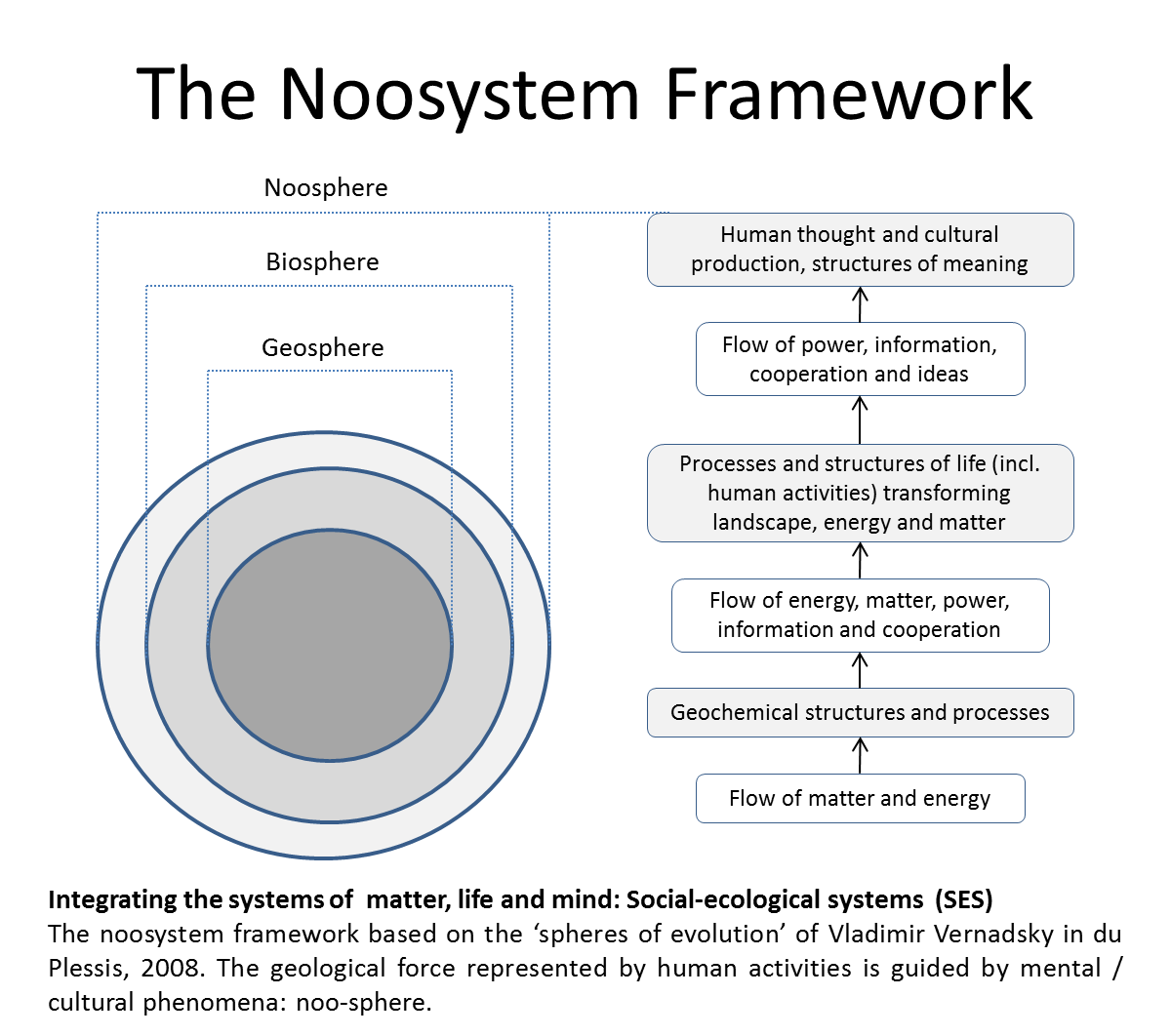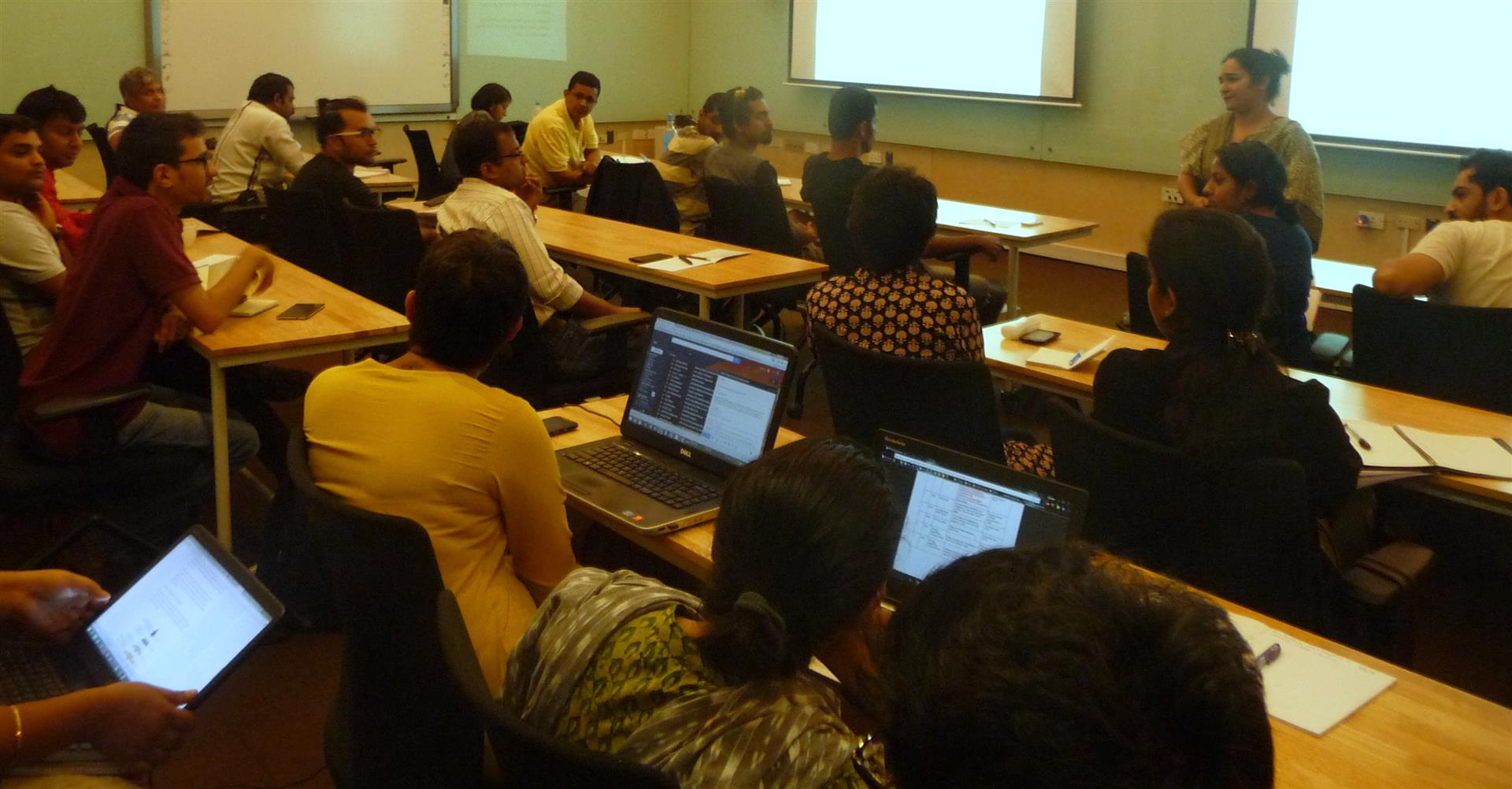Are Cities in the Global South Adapting to Climate Change?
By Ganesh Gorti
Discussions about climate change are no longer taking place only between meteorologists and climate scientists. As the science behind climate change improves, and the implications of a changing climatic regime on society become clearer, these discussions are increasingly moving into the realm of development planning.
Drawing on this momentum, the Indian Institute for Human Settlements (IIHS) held a 3-hour public lecture exploring whether (and even if) cities in the Global South are adapting to climate change. Dr. Sumetee Pahwa Gajjar, the Practice Lead at IIHS, curated the class which included a mix of theory (around sustainability, systems thinking, urban metabolism and resilience), practice (which drew on case studies of four cities from the Global South) and group-work (where participants explored key risks and adaptation options in Bangalore city).
The class comprised an international mix of people, whose expertise spanned different disciplines (industrial ecology, finance, environmental sciences, architecture), and different domains (research, policy and practice).

Sumetee began the class by explaining how a systems perspective can help to unpack and capture the complexities of planning for climate change. Citing key research papers, Sumetee described how the concept of social-ecological systems (SES) considers humans as a part of nature, rather than separate from it. Citing the “Noosystem Framework”, as a nuanced concept that had personally helped her in understanding the concept of SES, the discussion moved further to considering a city as a system. Once this idea was put forth, the scope of SES was expanded to include disaster risk reduction as a component integral to the system by citing seminal work (da Silva, et al., 2012). Towards the end of the theory part of the lecture, an idea put forth by Ramaswami et al., 2012 was cited, who argue that since cities are defined by large networks of hard and soft infrastructure, they could be understood as Social-Ecological-Infrastructural Systems (SEIS).
In the second part of the lecture, various examples of climate change adaptation in four cities from the Global South were discussed. The cities included Mexico City, Dar es Salaam, Durban and Bangalore. The current risks, impacts and vulnerabilities being faced by the cities were first discussed. This was followed by exploring the unique socio-economic context of each city, drawing on expert knowledge on the cities’ growth trajectories. Finally, local adaptation plans and developmental policies in each city were examined.
In the last session, the audience was divided into groups of four and each group was asked to identify the key issues that Bangalore is facing as (a) a rapidly developing city that serves as a major source of employment, and (b) a site that is facing acute stress on its existing natural, infrastructural and governance services. The groups also discussed possible 'solutions' in the form of adaptation options that Bangalore could consider and is already considering. The discussions were lively and often opinionated. The audience gave suggestions that ranged from the need to consider in-migration and the impact it has on the local customs and thereby social cohesiveness, and the need to monitor the growing menace of the water mafia and the impacts this has on groundwater levels in the city.

Overall, the 3-hour class served as the beginning of an interesting and important dialogue among people interested in what a changing climate means for daily life in cities and specifically for those people disproportionally vulnerable to its impacts. While people are genuinely interested in exploring and addressing issues of sustainability and climate change, it is not always clear who one should talk to about this, or whether or not development plans are mainstreaming climate change concerns. This class demonstrated how public lecture platforms like this one can provide a physical, social and intellectual space for concerned people to come together and initiate a dialogue on how to plan for a future that will be very different from our past.
To learn more about the climatic and non-climatic risks Bangalore faces, and risk management options being undertaken, take a look at ASSAR’s recent research on the topic here.